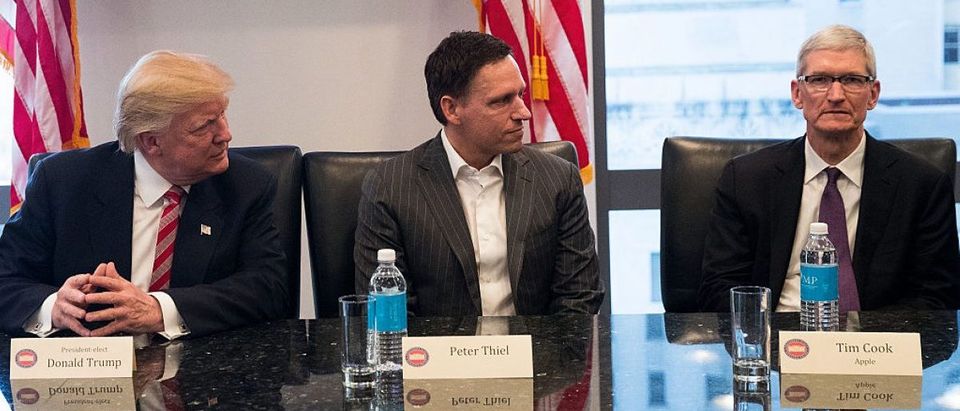Apple was accused of reducing the accuracy of its most distinctive feature for the soon-to-be-released iPhone X in a Bloomberg report Wednesday, and it was yet another instance of the company being hit with such kinds of allegations.
In the damning story, Bloomberg cites “people familiar with the situation” who relayed information that Apple was rushing manufacturing so devices would be ready in time for the inevitable holiday season shopping sprees. Apple vehemently denied the most recent assertions in a statement to TechCrunch.
Almost every time the newest iPhone model is released, a surge of Google searches reading something along the lines of “iPhone slow” transpires like clockwork. A professor of economics at Harvard noticed the trend and conjectured in 2014 about what that could mean, but ultimately concluded that there’s a “big limitation: This data reveals only correlations, not conclusions.”
Flirting with such data could lead to further studies of an actual slowdown, but more likely shows a paranoia among ostensibly distrustful iPhone users.
Perhaps weary from the cyclical, cynical protests, Finnish software company Futuremark recently conducted a study to test the performance of various iPhones. It found that the iPhone 5s’s GPU (graphics processing unit) performance — which is essentially the speed of its loading and other buffering capabilities — remained consistent from the release of its iOS 9 to iOS 11. It also conducted the same tests for the iPhone 6, iPhone 6s, and iPhone 7, which experienced very similar performance rates around the time of a new phone and software release, but did have “minor variations” due to “a very slight drop.” Futuremark said that almost indistinguishable change is “possibly due to minor iOS updates or other factors.”
“There are no signs of a conspiracy,” according to the firm. It said people’s misperception of a noticeably slower performance likely stems from the fact that updates might add new features that require more processing power and that certain apps designed for earlier versions may not operate as smoothly on the new ones.
“And then there is always the psychological effect of knowing that there is a new and improved model available, which can make your own device seem outdated,” Futuremark concluded.
So what appears to be the only scientific review of the self-throttling accusations effectively debunks the speculations.
But along with the reasons outlined by Futuremark, there are other potential explanations for why people may levy such harsh claims against the tech giant and doubt that it has the best intentions.
Qualcomm, a massive tech company that makes computer chips for iPhones, sued Apple earlier in the year for a number of grievances, most notably for allegedly not using the full potential of its parts. Apple “chose not to utilize certain high-performance features of the Qualcomm chipsets for the iPhone 7 (preventing consumers from enjoying the full extent of Qualcomm’s innovation),” according to the legal complaint. Instead, Qualcomm claimed that Apple wanted Intel modems to perform better so it could protect its other main cellular chip supplier and presumably keep competition strong between the two.
Regardless if all of the postulating is far-fetched or flat-out false, it shows a tendency for consumers to express their distrust of a company they financially support.
Apple declined to provide comment to The Daily Caller News Foundation by time of publication.
Send tips to eric@dailycallernewsfoundation.org.
All content created by the Daily Caller News Foundation, an independent and nonpartisan newswire service, is available without charge to any legitimate news publisher that can provide a large audience. All republished articles must include our logo, our reporter’s byline and their DCNF affiliation. For any questions about our guidelines or partnering with us, please contact licensing@dailycallernewsfoundation.org.


